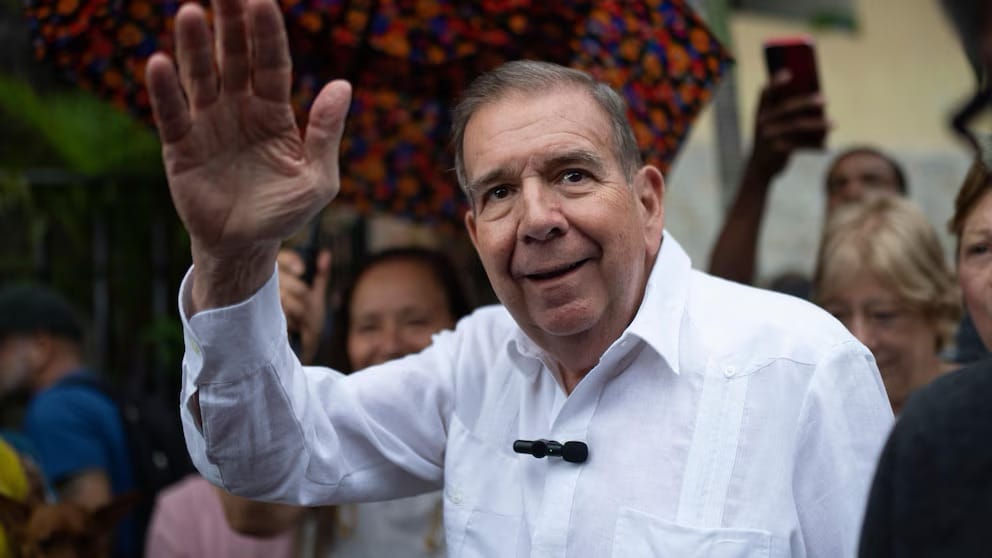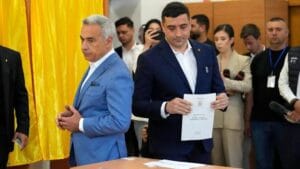Venezuela: Opposition leader Edmundo González claims coercion in disputed election outcome
Edmundo González, the Venezuelan opposition candidate, has alleged that he was “forced” to recognize President Nicolás Maduro’s controversial victory in the disputed July election as part of a coercive deal before being granted asylum in Spain.

Edmundo González, the Venezuelan opposition candidate, has alleged that he was “forced” to recognize President Nicolás Maduro’s controversial victory in the disputed July election as part of a coercive deal before being granted asylum in Spain.
In a video message from Madrid, González, 75, said that Maduro’s aides coerced him into signing a letter acknowledging the election results while he was seeking refuge in the Spanish embassy in Caracas. “I had to either sign it or deal with the consequences,” González stated, describing “very tense hours of coercion, blackmail, and pressure.”
The election results, which claimed Maduro secured 52% of the vote, have been widely contested, both within Venezuela and internationally. González insists he is the true winner, describing himself as the “president-elected of millions and millions of Venezuelans who voted for change, democracy, and peace.” He vowed to continue advocating for that mandate despite his exile.
Also Read: Teamsters Union breaks tradition, declines to endorse Harris, Trump
Maduro ally Jorge Rodríguez, the head of Venezuela’s National Assembly, refuted González’s claims, insisting the opposition leader had willingly signed the document. He presented the letter during a press conference and gave González “24 hours” to retract his assertions or face the release of recordings that Rodríguez claims will disprove his allegations.
The political tension escalated as Rodríguez questioned González’s credibility, asking, “If you signed under pressure, how is it that one of your daughters still lives in Venezuela peacefully, with her family, as regular Venezuelans?”
The disputed election has led to international scrutiny, with many foreign governments, including the US and the EU, refusing to recognize Maduro’s victory. Venezuela’s National Electoral Council has not released detailed voting data, citing a cyberattack that supposedly corrupted the records—further deepening skepticism over the election’s legitimacy.
The controversy over González’s forced letter adds another layer of complexity to the ongoing political struggle in Venezuela, where both sides continue to battle for international support and recognition.










